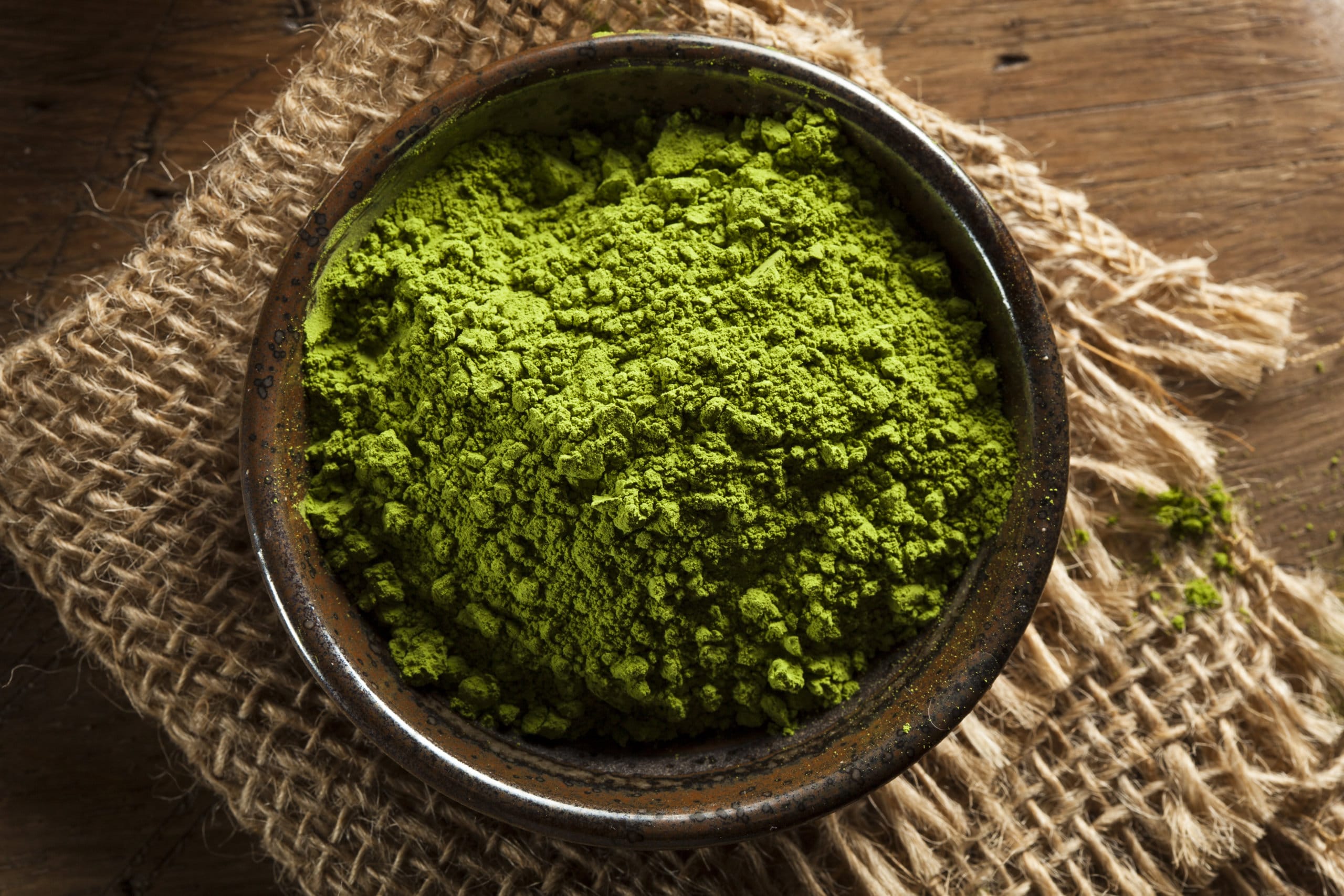Kratom, a botanical substance derived from the Mitragyna speciosa tree native to Southeast Asia, has garnered attention as a potential antidote for anxiety and depression management. Although its usage and effects have been debated, some proponents believe that certain strains of Kratom can offer relief from these mental health conditions. Among the numerous strains available, several have been singled out for their reputed calming and mood-enhancing properties. One of the most acclaimed Kratom strains for anxiety and depression is Red Bali. With its deep red vein leaves, this strain is said to possess potent analgesic and anxiolytic properties. Users claim that Red Bali can help induce a sense of tranquility, ease nervousness, and alleviate symptoms of depression, making it a sought-after remedy for those seeking natural alternatives to pharmaceuticals. Another strain renowned for its potential benefits is Green Malay Kratom. Known for its long-lasting effects, Green Malay is often praised for its mood-enhancing and energy-boosting qualities. Many users have reported a reduction in anxiety levels and an uplifted mood after consuming this strain, which can be beneficial for those struggling with depressive symptoms.

Maeng Da Kratom, often referred to as the pimp grade strain, is also considered effective in managing anxiety and depression. Originating from Thailand, Maeng Da is renowned for its potent effects and is commonly used by individuals seeking relief from stress and negative emotions. Its stimulating properties may help increase focus and motivation, potentially aiding those battling depressive episodes. Kratom’s purported effectiveness in managing anxiety and depression is thought to be due to the presence of active alkaloids, particularly mitragynine and 7-hydroxymitragynine. These alkaloids interact with the brain’s opioid receptors, top kratom strains for anxiety influencing mood and emotions. However, it is essential to approach Kratom use with caution, as it can also lead to dependence, tolerance, and potential withdrawal symptoms when used excessively.
Moreover, Kratom’s legality and safety have been subjects of concern and regulation in various countries and states. The lack of standardized dosages and potential contaminants in commercially available Kratom products can also pose risks. It is crucial to emphasize that Kratom should not be seen as a replacement for professional mental health treatment or prescribed medications for anxiety and depression. If you or someone you know is struggling with these conditions, seeking guidance from a qualified healthcare provider is of paramount importance. In conclusion, while Kratom’s potential as a natural remedy for anxiety and depression management has gained popularity, the scientific evidence supporting its efficacy remains limited. Different individuals may experience varying effects, and the risks associated with Kratom use cannot be overlooked. As research continues and regulations evolve, it is crucial to approach Kratom with informed caution, always prioritizing one’s well-being and consulting with a healthcare professional before incorporating it into any mental health management strategy.